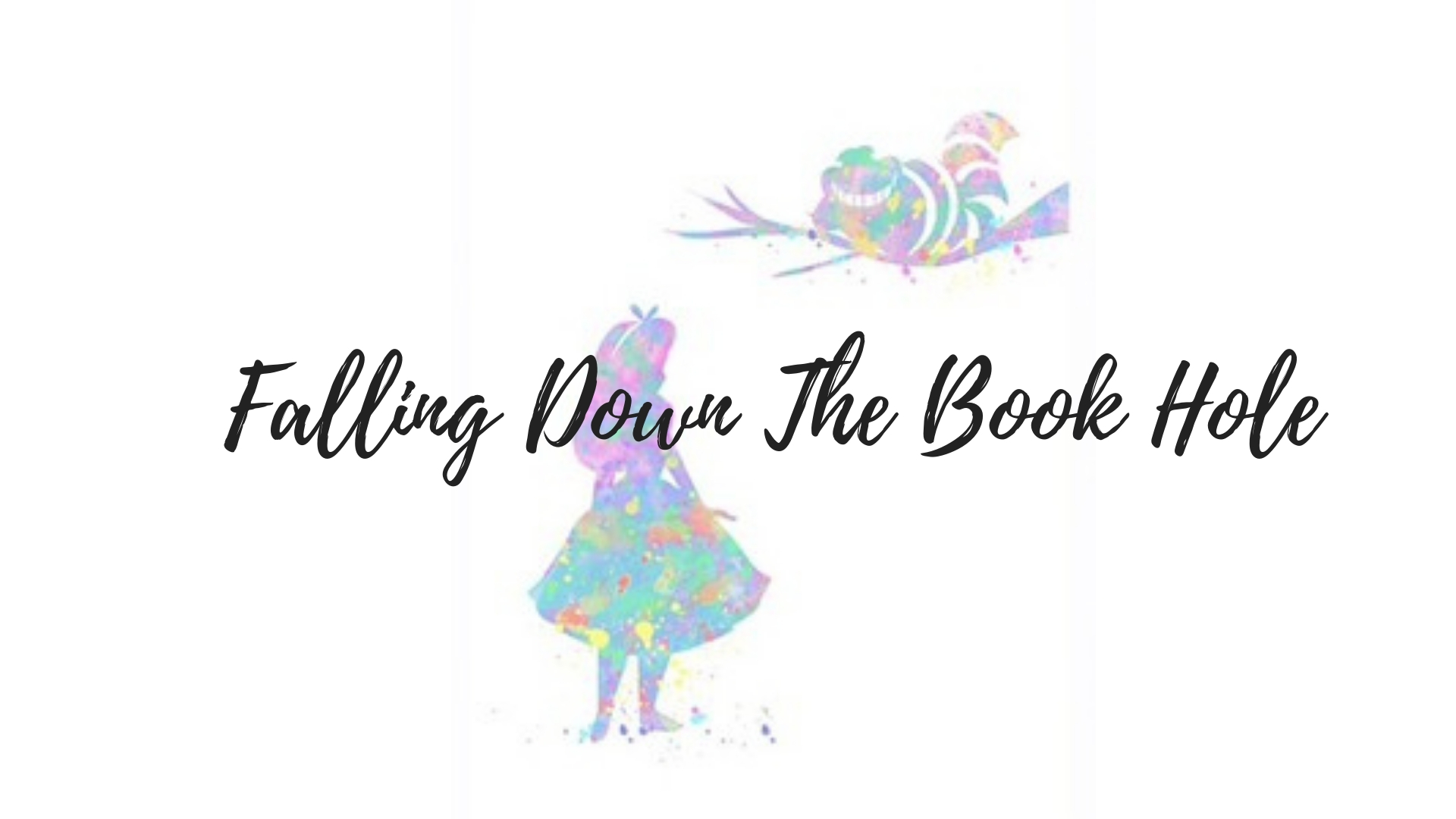
I had to read this book for one of my Anthropology courses. I actually read it and quite enjoyed it. J.M.Coetzee created this “Empire”, which is supposed to be an imaginative society, but draws greatly on his South African roots. Like most Empires , this one is no different, exhibiting corruption, power-hungry military men and greed. The Empire and the rulers are so quick to put blame onto those uncivilized people living outside of the Empire’s boundaries. Coetzee showcases the cruel punishment taken out on those who are viewed as lesser humans; not worthy of care and compassion. The Magistrate who is Coetzee’s main character and is the narrator of the novel goes through an inter battle between good and evil throughout the novel. In the end he begins to believe and feels ridden with guilt from the actions take by the Bureau and Empire.
Coetzee has a way about his writing, it drew me in from the beginning. He does such a great job going into detail and really expressing his thoughts. But it is in such a way that one must stop and think for a second. His writing is so vague at times that it is hard to grasp onto what is actually happening. You must re-read or pause for a brief moment.
It really opened my eyes to the true horrors behind the gates of such empires. Of course watching movies and reading history books show a little into the actions and events. But Coetzee did not hold back. You begin to feel for the Barbarians and The Magistrate becomes the villain. Coming up in a middle class society I have never had to face such discriminatory or cruel action. I can only believe how those people felt. The barbarians must have been so scared and confused, not being able to understand the people of the empire. The definition of human is questioned through the novel. The empire sees the barbarians as being lesser humans. The citizens of Empire treat those “barbarians” as animals and do not second guess their actions.
”Waiting for the Barbarians” renders a moment in our politics, a style of our injustice. Precisely this power of historical immediacy gives the novel its thrust, its larger and, if you wish, ”universal” value – New York Times

